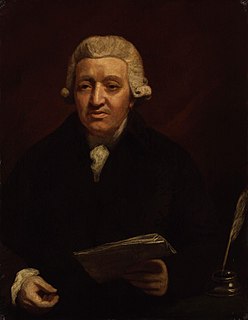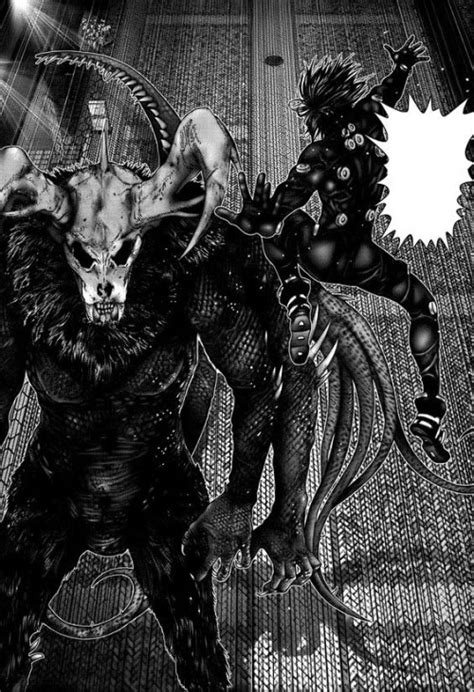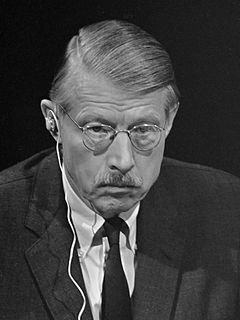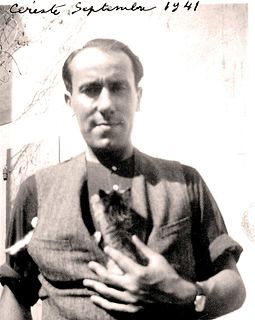A Quote by Bertrand Russell
Even in civilized mankind faint traces of monogamous instinct can be perceived.
Related Quotes
I believe that the vast majority of people that are unfaithful are monogamous in their beliefs. The ones who are not monogamous in their beliefs either live in poly relationships or consensual non-monogamous relationships, or they have divorced. If it's very bad, then people don't stay married these days in the West. They can be married and have their family, but they want something else - they want something that they don't have in their lives, or simply to be someone that isn't who they are in the context of their marriage.
In every human being one or the other of these two instincts is predominant: the active or positive instinct to offer hospitality, the negative or passive instinct to accept it. And either of these instincts is so significant of character that one might as well say that mankind is divisible into two great classes: hosts and guests.
Nostalgia for people, cultures, everything. There's an ability to use these marks to note things that are erased, deleted. Traces are a species of history, of evidence. It's a way for the way the narrator to construct a semblance of self, even though all of this creates a deception, a way to think of one's traces as a real way to define oneself. The trace is fallible, impermanent. It's one of the motives I had in mind throughout the text.


































